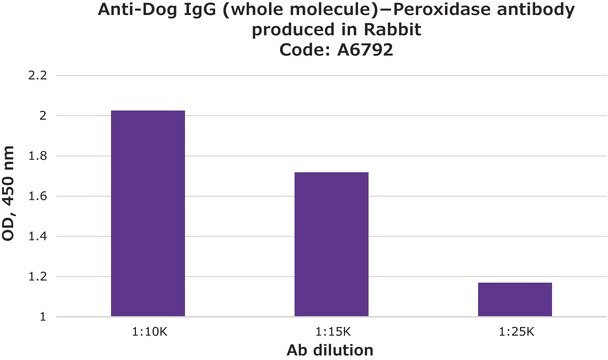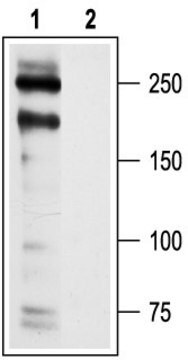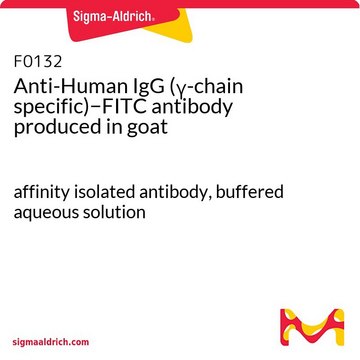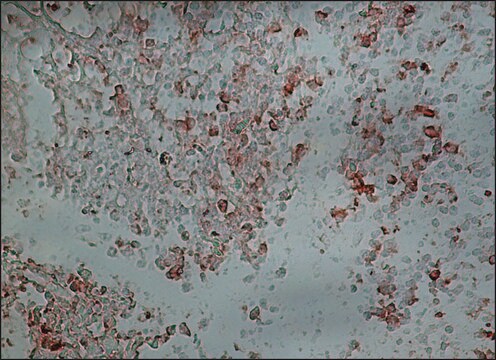C4980
Anti-Calcium Channel (Cardiac α1C Subunit) (L-type of Voltage-gated Ca2+ Channel) antibody produced in rabbit
affinity isolated antibody, lyophilized powder
About This Item
WB CL
western blot (chemiluminescent): suitable
Recommended Products
biological source
rabbit
Quality Level
conjugate
unconjugated
antibody form
affinity isolated antibody
antibody product type
primary antibodies
clone
polyclonal
form
lyophilized powder
species reactivity
rabbit, rat
technique(s)
immunoprecipitation (IP): suitable
western blot (chemiluminescent): suitable
UniProt accession no.
storage temp.
−20°C
target post-translational modification
unmodified
Gene Information
rat ... Cacna1c(24239)
Immunogen
Physical form
Disclaimer
Not finding the right product?
Try our Product Selector Tool.
Signal Word
Warning
Hazard Statements
Precautionary Statements
Hazard Classifications
Acute Tox. 4 Dermal - Acute Tox. 4 Inhalation - Aquatic Chronic 3
Storage Class Code
6.1C - Combustible acute toxic Cat.3 / toxic compounds or compounds which causing chronic effects
WGK
WGK 3
Flash Point(F)
Not applicable
Flash Point(C)
Not applicable
Choose from one of the most recent versions:
Already Own This Product?
Find documentation for the products that you have recently purchased in the Document Library.
Our team of scientists has experience in all areas of research including Life Science, Material Science, Chemical Synthesis, Chromatography, Analytical and many others.
Contact Technical Service









